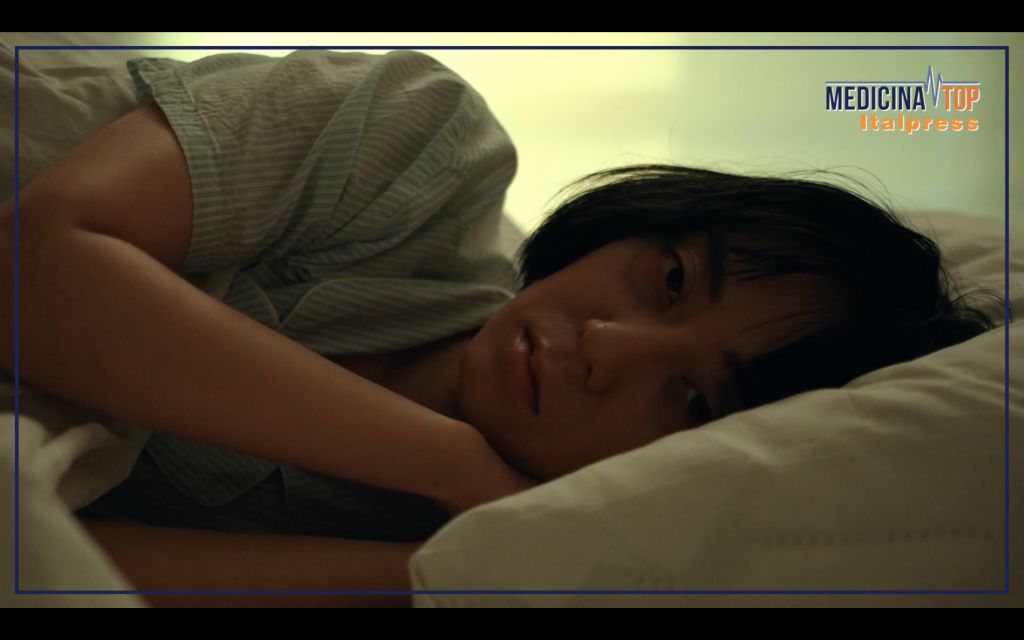MILAN (ITALPRESS) – 20 percent of Italians suffer from at least one mental disorder, particularly anxiety and depression: this is a higher percentage than the European average. Photographing the situation in our country is the 2023 study “Headway – Mental health index 2.0,” conducted by The European House – Ambrosetti. According to this survey, contingent factors common to the rest of Europe, such as the consequences of the Covid-19 pandemic, the war in Ukraine and migration flows, contribute to the Italian malaise. However, the Italian situation is made more critical by specific aspects of our society, such as precarious housing conditions for about one-fifth of the population, the economic crisis and the lack of green spaces in large cities. Alarming, too, are the figures for young people under the age of 19 collected by Unicef. According to a recent study, suicide is the second leading cause of death after traffic accidents, and 13 percent of those under 19 suffer from a mental health problem. These are some of the issues discussed by Cristina Colombo, head of the Mood Disorders Unit at IRCCS – San Raffaele Hospital in Milan and full professor of psychiatry at Vita-Salute San Raffaele University, where she directs the graduate school of psychiatry and founded the master’s program in forensic psychopathology and clinical criminology, interviewed by Marco Klinger, for Medicina Top, a TV format of the Italpress news agency. “It’s a problem that is rampant, the average age of those affected by mental disorders has definitely lowered, and this depends on so many factors,” he began, “Nobody has an explanation, it’s multifactorial. It is related to the prevalence of substances that young people consider harmless and that are not, the alteration of biological rhythms, and then there is the familial and genetic component of the disease that exists.” The main mood disorder is the much-feared depression, about which, however, people often have incomplete and misleading notions. “Mood disorders indicate the category to which depression belongs, a condition characterized by a recurrence of illness,” Colombo explained. “People have episodes of illness that end, they are more or less frequent episodes over a lifetime. And then there is bipolar disorder, when phases of depression are alternated with phases of euphoria, and other less represented disorders.” “Depression is a radical change: it is not sadness, those affected do not cry, rather they freeze and no longer have emotions,” the professor stressed. “The head cannot do even the most pleasant things, it is very paralyzing. One can no longer see friends, go out, study, etc… All the studies dealing with depression are very interesting, the brain at some times is in the ‘frozen lake’ and does not work, then it comes back to work. A pathology you usually just have it, in depression often circuits that should be working well no longer work,” he reiterated, “The circuitry gets bogged down, the patient keeps going from one piece of information to another and back again, for example, choosing what to wear in the morning when you get dressed, that’s it, this for the depressed person is an insurmountable decision. And on how one arrives at a diagnosis of depression, “For many people depression is a frailty and all in all you get used to it, actually sometimes that’s not true at all.” “The most severe depressions are often in very strong people,” Colombo confirmed, “We are doctors, we collect symptoms and hear the patient’s story, based on the clinical information we arrive at a diagnosis. I therefore advise not to underestimate anything, especially in younger people. When as parents we see a change on pleasant things, not going out with friends for example, isolation and whatnot, these are alarm bells. It doesn’t necessarily have to be depression,” he admitted, “But you can already talk to your primary care physician who can figure out what it is and in case refer you to a specialist. On psychotherapy: “We tell the patient that they have to choose, psychotherapy is very good for those who are fragile or have issues, it does not cure but serves to support the patient. This intervention is essential for disease management.” Finally, on prevention and the onset of some symptoms in the elderly: “You have to adopt common sense conduct: there should be no stressful events, a bad divorce is often a trauma that is part of a path that slowly can lead to these situations,” recalled the professor. “And then you should not be afraid to face this thing, the real problem is underestimation, it explodes in your hand and becomes dangerous. Depression that starts in an elderly person, on the other hand, is something more related to loneliness,” she concluded, “This society is now less forgiving.
– photo taken from Top Medicine video -(ITALPRESS).

